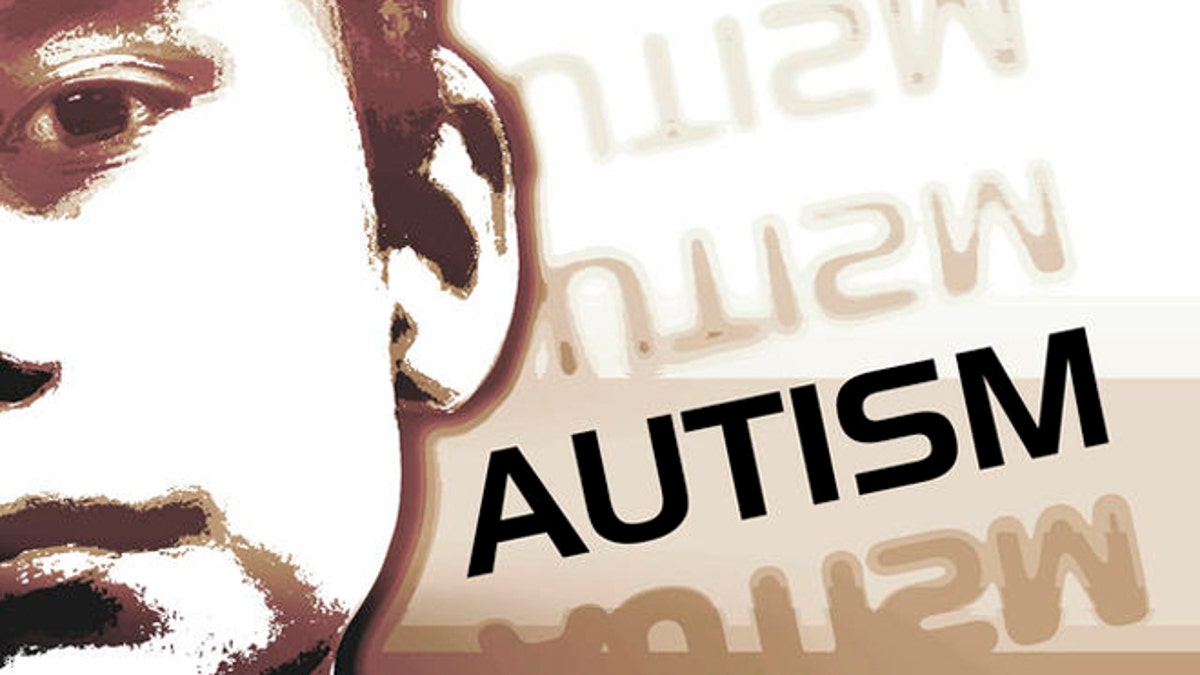
(AP Photo/Kim Johnson Flodin) (AP2009)
With autism rates on the rise and the prevalence of the disorder growing among Latino children, the latest research on the topic could raise concern.
A new study published by the American Academy of Pediatrics shows it is more difficult for doctors to properly diagnose Latino children with autism.
The research also shows children from other ethnic groups are getting diagnosed with the disorder years before kids with Hispanic backgrounds.
The doctors published their findings in the Aug. 19 issue of the Pediatrics journal, citing language and cultural barriers as reasons for the gaps in care in identifying autism spectrum disorders.
By looking at the developmental and autism screening among 267 California pediatricians between 2011 and 2012, researchers with Oregon Health & Science University found that only 1 in 10 offered both of these recommended screenings in Spanish.
They also found that despite over 80 percent of the pediatricians offering some form of developmental screening, only 29 percent offered the Spanish-language screening the American Academy of Pediatrics advises.
"Latino children are diagnosed with (autism spectrum disorders) at low rates, and this investigation found several provider-related factors that might explain these disparities," the researchers, led by Dr. Katherine E. Zuckerman, wrote in their findings.
Along with the language barrier, many of the pediatricians in the study also voiced concern that autism awareness was lower among Latino families.
“This adds to research that has consistently documented disparities in the identification of autism in Latino as compared to other children,” Autism Speaks Chief Science Officer Rob Ring said.
Adding that more research needs to be done that goes beyond pediatricians to directly include Latino families and their experiences, Ring said this study “gives us evidence of the crucial role that pediatricians play and the barriers they perceive.”
In 2012, the Centers for Disease Control and Prevention found that the largest increases in autism rates over time were among Latino children at 110 percent, followed by black children at 91 percent.
Autism is a neural developmental disorder characterized by impaired social interaction and communication as well as by restricted and repetitive behavior. The signs for the disorder normally become prevalent before a child turns three.
While the disorder is not well understood, it is known that autism affects information processing in the brain by altering how nerve cells as well as their synapses connect and organize.
Follow us on twitter.com/foxnewslatino
Like us at facebook.com/foxnewslatino
